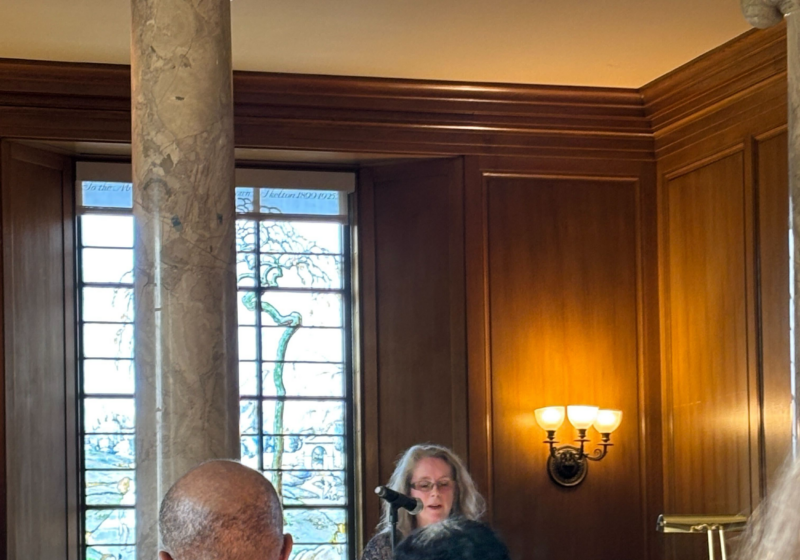The iZone, one of the administration’s latest gimmicks on campus, is hard to explain. It’s supposed to be an “entrepreneurial space,” whatever that means. No one knows who really wanted it among the student body, apart from those in focus groups. It’s slated to replace ITS all in the name of “solutioning.” Huh?
That the construction of the iZone — by the way, when that begins, drop us a line — has resulted in the plopping of the IT desk in the middle of Gleason and in the disappearance of half of the computers provided to students in ITS is about as simple a summation of this problem as possible.
The problem being: It often seems that the University is more interested in polishing the spire than making sure the foundation is solid.
We’re aware that the money for Evans Lam Square, iZone, Rettner Hall, and other campus jewels are primarily funded through private donations, donations that often come with stipulations and instructions. It is not our intention to belittle the gifts made to the school, nor to question the benevolence of those decisions. Wealthy people wanted to make their school a better place for students, and they did what they know how to do: spend large sums of money.
But a certain point, it has to be asked: What actually makes school a better place for students? Is it Rettner Hall, cavernous and empty, with its enormous staircase collecting dust? Is it Evans Lam Square, which, shiny as it is, is at best a marginal improvement over what it replaced? Is it the iZone, displacing a vital campus resource (computers) and creating extra traffic in Gleason for the sake of “solutioning?”
Part of what makes Gleason so beloved is that it came from student feedback. Its existence and features are all the result of heavy polling. There was a desire, and it was fulfilled. If a donor really wants to improve the school, why not do it based on that?
There have been efforts to reach out to students, some better publicized than others. All students, and not just the ones who personally know the librarians or are kept in the loop through their SA involvement, should feel that they too have a stake in the construction and design of new campus spaces. It’s an unfortunate truth that great effort is often needed to draw students away from their busy schedules to give feedback in surveys or to attend roundtables. But it’s necessary to keep us from feeling baffled by or dismissive of buzzword-laced press releases.
Perhaps students should be asked about other areas of campus life that could benefit from funding. Why only buildings? With a cash influx, underfunded or underdeveloped programs could revolutionize student life. What could the Intercultural Center do with more money? How many more students could UCC help more quickly if a major donor turned their sights that way? What about offsetting astronomical textbook costs?
Or, as always, why not put it toward scholarship programs that’ll help out with a tuition that costs as much as a house?
The point is that it’s encouraging to see that wealthy alumni really do want to make the school a better place. But making it better for an imaginary student body, rather than the one that’s here, is a waste of their money.





